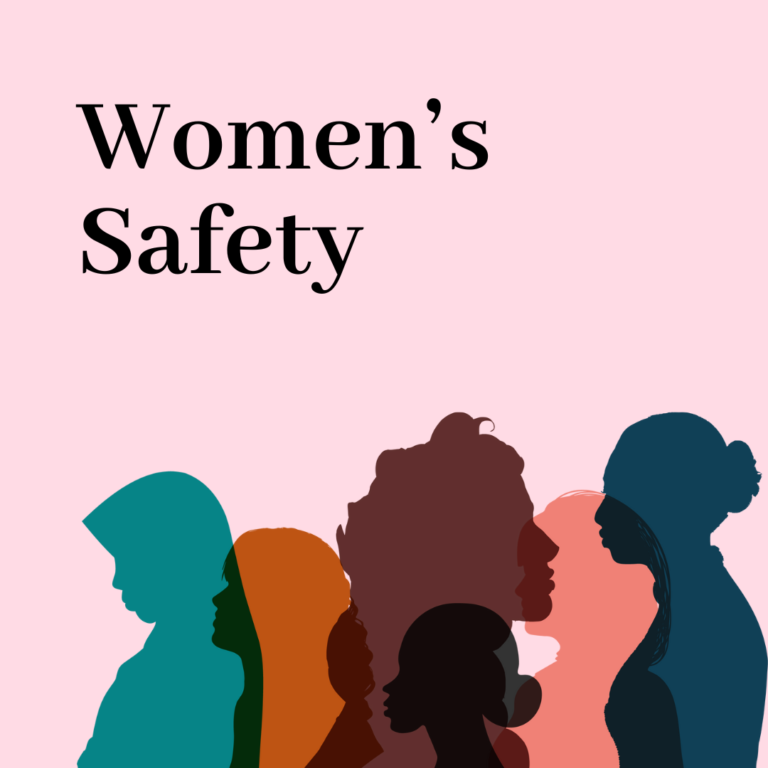- Blog
Women Safety: A Priority for All
- August 22, 2024
- By srijanfoundationtrust.org

Women safety is a critical issue worldwide, and it’s especially important in India.
Ensuring the safety of women is not just a responsibility for women themselves but for
everyone in society. In this blog, we’ll explore why women’s safety is important, the
challenges women face, and practical steps we can take to create a safer environment
for women.
Why Women Safety Matters
Women make up half of the population and contribute significantly to society. They are
mothers, daughters, sisters, and professionals who deserve to live and work without
fear. Ensuring their safety is essential for their well-being and the well-being of society
as a whole. When women feel safe, they can pursue their dreams, contribute to the
economy, and lead fulfilling lives.
Challenges Women Face
Despite progress in various areas, women still face numerous challenges related to
safety. Some of the common issues include:
● Harassment: Whether at work, in public places, or online, harassment is a
widespread problem. It can take many forms, from catcalling on the street to
unwanted advances at work.
● Violence: Women are often victims of domestic violence, sexual assault, and
other forms of physical violence. These incidents not only harm women
physically but also leave deep emotional scars.
● Lack of Safe Spaces: Many women do not feel safe in public spaces, especially
at night. Poor lighting, lack of public transport, and isolated areas can make
women vulnerable to attacks.
● Societal Attitudes: In some cases, societal attitudes can contribute to unsafe
environments. Victim-blaming, gender stereotypes, and cultural norms can make
it difficult for women to speak out or seek help.
Steps to Improve Women’s Safety
Creating a safer environment for women requires action from individuals, communities,
and governments. Here are some practical steps that can make a difference:
1. Education and Awareness: Educating both men and women about gender
equality, respect, and consent is crucial. Schools, colleges, and workplaces
should promote awareness programs that address these issues.
2. Self-Defense Training: Encouraging women to learn self-defense techniques
can empower them to protect themselves in dangerous situations. Many
organizations offer affordable or free self-defense classes for women.
3. Safe Public Spaces: Governments and local authorities should focus on making
public spaces safer by improving lighting, ensuring the availability of public
transport, and maintaining a visible police presence.
4. Supporting Victims: It’s important to provide support to women who have
experienced violence or harassment. This includes offering counseling, legal aid,
and helplines where they can report incidents safely and anonymously.
5. Community Involvement: Communities should work together to create safe
environments. Neighbors can keep an eye out for each other, and local
organizations can organize safety patrols or neighborhood watch programs.
6. Legal Protections: Strong laws and strict enforcement are essential to deter
offenders. Governments must ensure that laws protecting women are enforced
effectively and that those who commit crimes against women are held
accountable.
